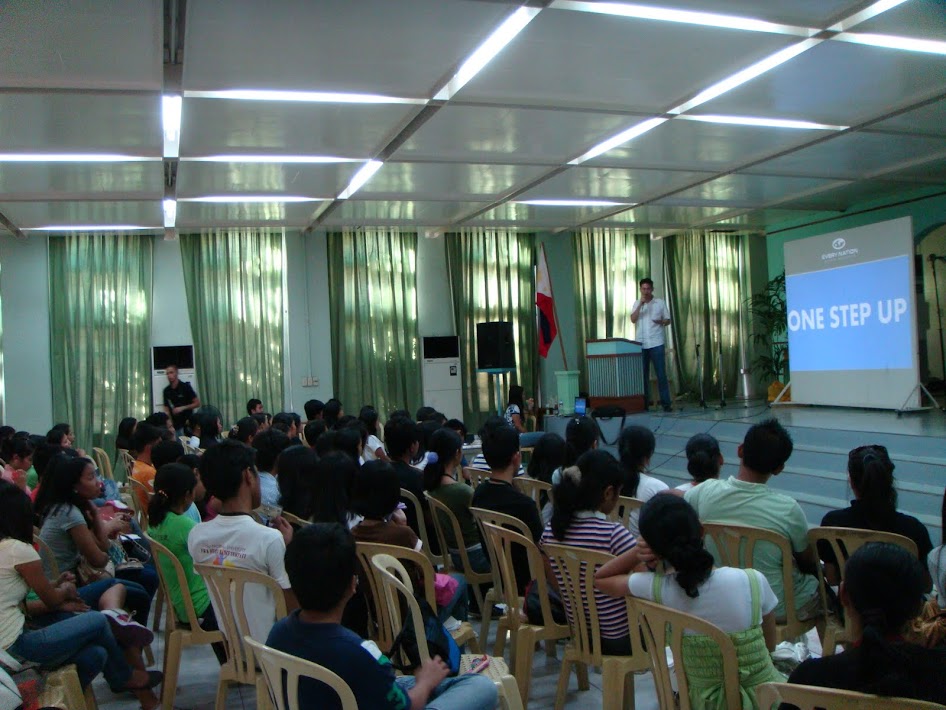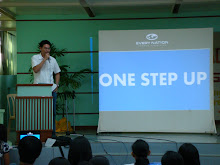Has it really been two years already? It doesn’t seem too long ago that I started to write this column. Looking back, it has been an incredible journey and I hope that it’s a feeing that you readers also share.
I recently received an email from Jomar Caborog, a public school teacher of Tipolo National High School in Mandaue. He wrote, “As a public school teacher and social studies teacher, I really update my students on issues. Your column at The Freeman helps a lot, Mabuhi ka.” I want to thank you Jomar for the warm message. It really encouraged me a lot and grounded me to the fact that writing this column is really about people like you. People that read what I write with the hope that they might find some substance in what I am trying to say.
I am suddenly reminded what my favorite superhero Spiderman keeps saying, “With great power comes great responsibility…”
Writing this column has been really transformational on my part. As I have kept writing , I have also been learning. Along the way, I have met many people who have inspired and encouraged, taught and tempered, corrected and rejected. It is people like Jomar who keep me going.
One positive result of my writing is that it has allowed me to interact with the youth, especially students. I have been invited to speak before different schools and groups on encouraging entrepreneurship. This interaction has allowed me to encourage them to form a group, STEP UP (Student Entrepreneurship Provides Unlimited Possibilities), and a few months later, the group was able to hold its first entrepreneurship summit at the University of the Philippines, attended by students of six universities. I also want to share the good news that, the young organization, has been chosen as a country champion for the World Entrepreneurship Day happening this year. Congratulations Neil and the rest of the STEP UP volunteers!
Next week, I will be speaking with the members of the Dynamic Teen Company led by Efren Penflorida on studying and seeking ways to encourage entrepreneurship among the underprivileged youth. I am really thankful for the invitation and opportunity to work with a genuine hero and somebody that I genuinely look up to. It just shows how amazing things can happen from small positive action.
Thank you Jomar for reminding me of what is important. Thank you for allowing me every Friday to exchange and share ideas with you and your students.
Let’s follow the examples of these ordinary individuals as they strive to make a difference. Each week, lets all get together and share knowledge, stories, experiences, information, all for the sole purpose of getting One Step Up.
For comments, suggestions or stories that you want to share, email me at stirspecialist@gmail.com , or visit www.stirspecialist.blogspot.com





